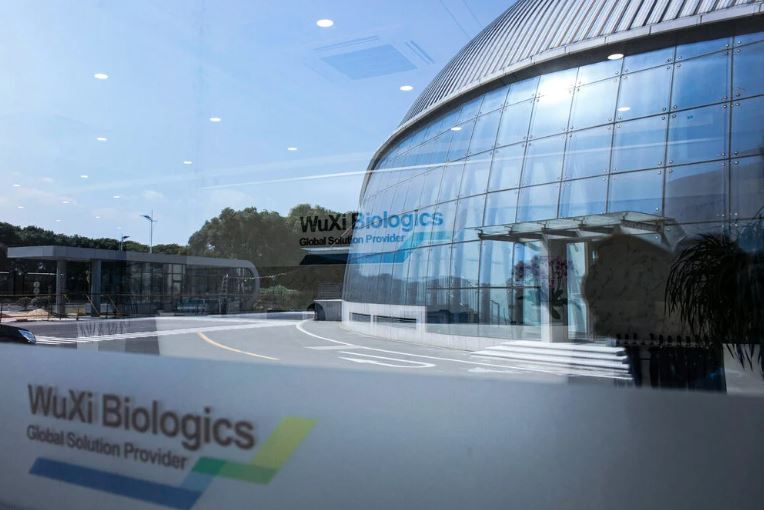WuXi AppTec, a Chinese biotech firm praised for its breakthrough drugs in the American market, faces scrutiny from members of Congress over alleged ties to the Chinese government, sparking debate over national security and patient access to critical medications.
Despite WuXi’s role in developing blockbuster drugs for cancer, obesity, and other debilitating conditions, lawmakers have raised concerns about the company’s potential threat to individual privacy and US intellectual property. A Senate committee recently passed a bill aimed at discouraging US companies from partnering with WuXi and similar entities.
However, discussions in Congress have largely overlooked WuXi’s extensive contributions to the US biotech and pharmaceutical industries, as well as its vital role in patient care. Records reviewed by The New York Times reveal that WuXi manufactures key components for multibillion-dollar therapies used to treat various diseases, including cancers like leukemia and lymphoma, obesity, and HIV.
The spotlight on WuXi has caused unease within the pharmaceutical sector, already grappling with drug shortages. Some biotech leaders caution against abrupt disengagement, warning of potential disruptions to drug development pipelines.
WuXi AppTec and its affiliate, WuXi Biologics, have rapidly expanded their operations, providing services to major US drugmakers seeking cost-effective solutions and overcoming manufacturing challenges. With a reputation for reliable and affordable work, WuXi has played a significant role in developing a quarter of the drugs used in the United States, generating approximately $3.6 billion in revenue for its US operations.
Despite its contributions, WuXi’s alleged ties to the Chinese government have raised red flags among lawmakers. A House bill has linked the company to the People’s Liberation Army, alleging military-civil collaboration and funding. WuXi denies any association with government institutions and emphasizes its commitment to community events.
Efforts to curtail US companies’ engagement with WuXi gained momentum following a classified briefing and subsequent Senate committee vote. The proposed legislation seeks to restrict government contracts with WuXi, citing national security concerns. However, WuXi defends its track record, arguing against what it deems as misleading allegations.
The potential fallout from severing ties with WuXi has raised concerns among smaller biotech firms heavily reliant on the company for drug development. Dr. Jonathan Kil of Sound Pharmaceuticals highlights the challenges of finding alternative contractors, warning of setbacks that could delay vital treatments for years.
Amid the debate, industry experts stress the need for cautious deliberation to avoid unintended consequences. Peter Kolchinsky of RA Capital Management urges companies to consider diversifying their partnerships, citing growing apprehension about China’s role in global supply chains.
The scrutiny of WuXi extends beyond the pharmaceutical sector, reflecting broader concerns about Chinese influence in key industries. The ongoing debate underscores the complexities of balancing national security interests with the imperative of ensuring access to life-saving medications.
As lawmakers weigh their options, the fate of WuXi and its US partnerships remains uncertain. Any decision will have far-reaching implications for patients, drugmakers, and the biotech sector as a whole. Finding a delicate balance between security concerns and patient needs will be crucial in charting the path forward.

